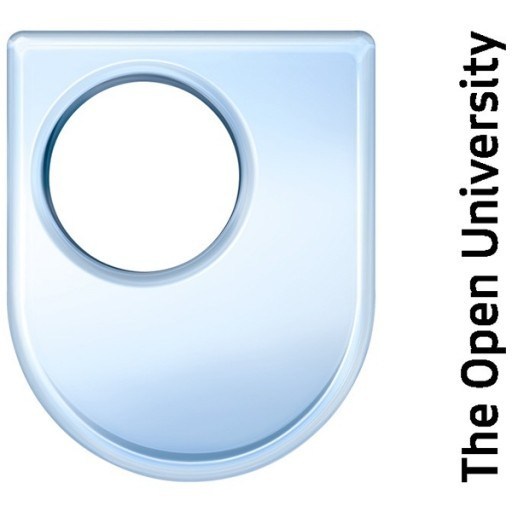Photos of university / #uniofsurrey
Advertisement
Programme overview
If you are a graduate student, you will find the programme of substantial use in developing your knowledge and skills base for bridge analysis, design and management. For those who are practising bridge engineers, the programme is an opportunity for you to update your knowledge of current design and assessment codes and guidelines, and to familiarise yourself with developments in new techniques for the design, construction and management of bridges.
The Bridge Engineering programme provides a wide range of modules addressing the whole-life analysis of bridge structures. It is also possible to take optional modules from some of our other study streams, covering areas such as structural engineering, geotechnical engineering, water engineering and construction management.
Successful completion of this programme will aid you in pursuing a career as a bridge engineer with either a consultancy, a specialist contractor or a local authority.
Module overview
To achieve the MSc Bridge Engineering, you will need to pass eight modules, with at least four being chosen from the Bridge Engineering group of modules and a further two being chosen from the Bridge or Structural Engineering groups of modules. The remaining two modules are a free choice from all the Civil Engineering module groups.
There are over 30 modules available, each worth 15 credits, covering the general areas of bridge engineering, geotechnical engineering, structural engineering, water engineering and construction management. The MSc is classified as technical for the purposes of accreditation by the relevant professional bodies.
Module descriptions
Bridge Deck Loading and Analysis
Loading: types of load; traffic loads; application of loads; load combinations; partial safety factors; shrinkage and temperature loads; the use of influence lines. Analysis: types of bridge deck and their behaviour; distribution of loads; skew deck analysis; use of influence surfaces; computer methods (grillage, finite element, finite strip).
Bridge Management
Inspection, assessment and strengthening; technical approval procedures; maintenance strategies, systems and procedures; whole-life costing and asset management; the assessment of reinforced concrete, pre-stressed concrete, steel and composite bridges; load testing of bridges; methods of strengthening; the design of bridges for durability of maintenance.
Long Span Bridges
Historical perspective and case studies; the analysis, design and construction of long span cable-supported bridges; the design of the main elements cables, towers, hangers, deck and foundations; construction processes; aerodynamic considerations.
Steel and Composite Bridge Design
Propped and unpropped construction; serviceability and ultimate limit states; design for bending, shear and combined bending and shear, continuous construction, plastic analysis; reference to current codes of practice; the design of steel plate girders for shear and bending interaction; the design of transverse stiffeners; fatigue behaviour of steel bridges and connections; appraisal to Part 10 BS 5400; means of improving fatigue performance of steel bridges; the design of bolted and welded steel bridge connections; the design of longitudinally and transversely stiffened webs and flanges for box girders; the design of plate elements, longitudinal stiffeners and cross frames.
Pre-stressed Concrete Bridge Design
Pre-stressed concrete: simple design equations; kern limits; losses; cable design; end block design; differential shrinkage; continuous beams. Box girders: design concept; construction methods; cost benefits; global analysis; pre-stress design; distortion effects; end blocks; diaphragms; reinforcement.
Durability of Bridges and Structures
Overview of durability; the durability of concrete, metals, reinforcement in concrete and polymers; testing and monitoring structures; the assessment of structures, repair methods and materials; the design and construction of durable structures; failures of durability and their consequences.
Programme structure
The modular arrangement is intended to tailor the programme to your individual needs and provide maximum flexibility in terms of attendance of full-time and part-time students.
The majority of modules run for eleven weeks and comprise approximately 33 hours (three hours per week) of class time and 120 hours of self-study and assignments.
Successful completion of four modules is required for a student to gain a Postgraduate Certificate, eight modules for a Postgraduate Diploma. Eight modules and a dissertation are required for the award of an MSc.
Individual modules can be used to contribute towards a continuing professional development programme.
The University of Surrey are pleased to offer four scholarship schemes aimed at further enhancing our cultural diversity:
* Chancellor's International Scholarship
* Surrey Country Scholarships
* Santander Country Scholarships
* Santander University Scholarships
Accreditation
This degree is accredited as meeting the requirements for Further Learning for a Chartered Engineer (CEng) for candidates who have already acquired an Accredited CEng (Partial) BEng(Hons) or an Accredited IEng (Full) BEng/BSc (Hons) undergraduate first degree.










